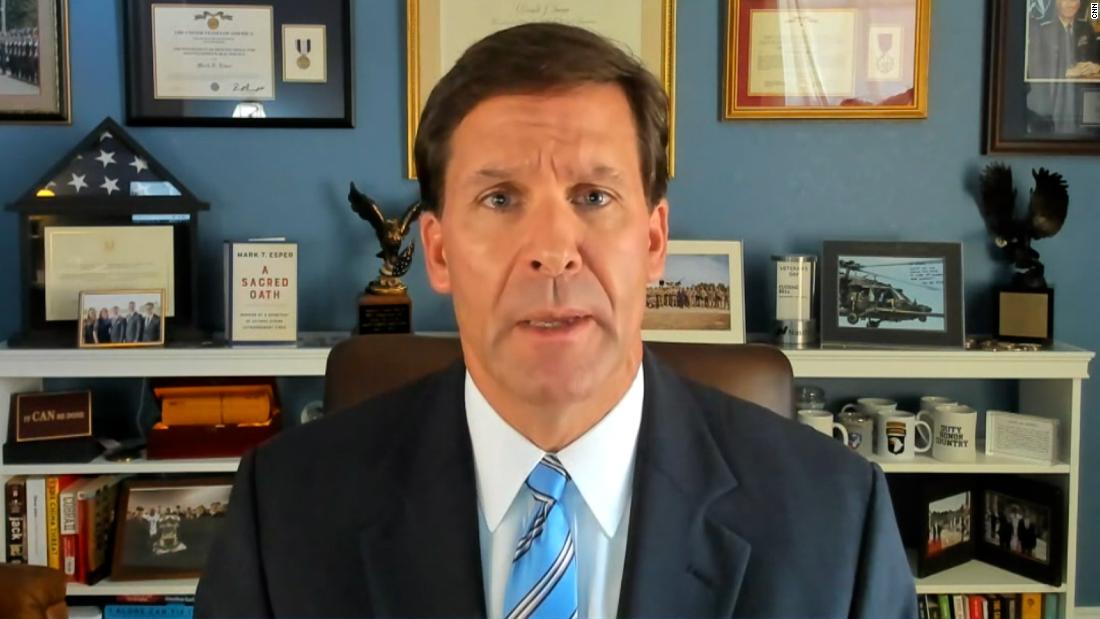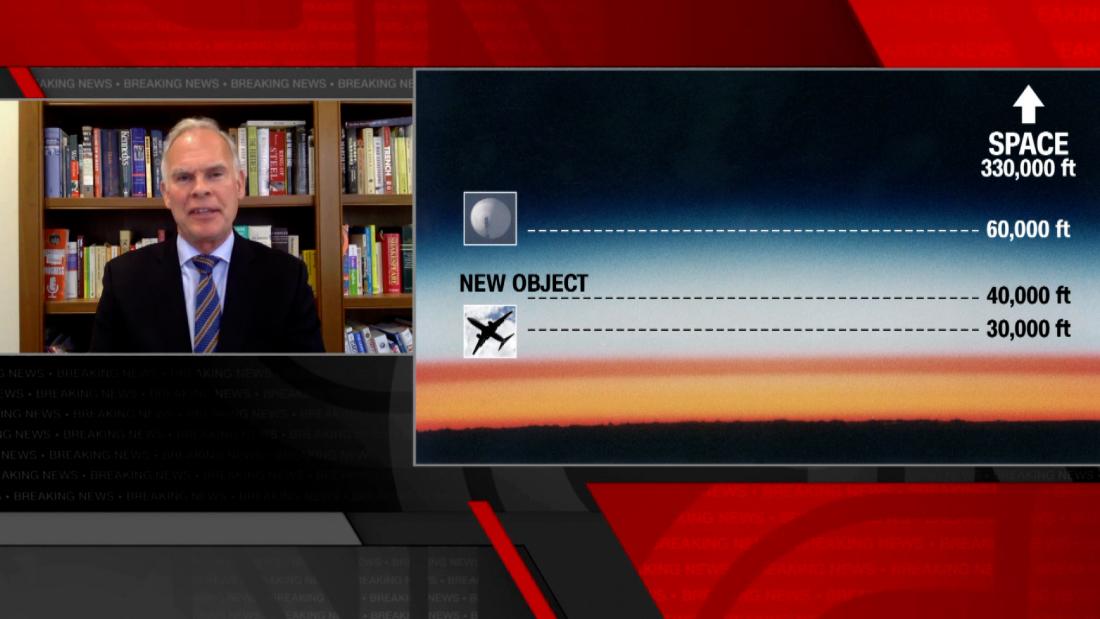Taking on the Law Enforcement Lobby
Without a counterweight to the power of police and correctional officer unions, justice reforms will make little political headway, argues a forthcoming essay in the Minnesota Law Review.


Photo by blogging guide on Unsplash
The most significant barrier to criminal justice reform may not be deadlocked politicians or conservative special interests, but the “law enforcement lobby,” warns a forthcoming essay in the Minnesota Law Review.
This informal lobby of police unions, correctional officer unions, and prosecutor associations plays a key role in criminal justice policy, by contributing money to political campaigns, lobbying legislative bodies, and by obtaining favorable concessions in ways that often impede criminal justice reform, write Zoe Robinson and Stephen Rushin, authors of the essay.
“The law enforcement lobby operates as a pervasive influence in the criminal justice system that results in captured policymaking power and institutionalized injustice,” Robinson and Rushin write.
Robinson, a professor of Political Science at Australian National University, and Rushin, the Judge Hubert Louis Will Professor of Law at Loyola University, say that although the law enforcement lobby partially resembles traditional lobby groups, it is unique in several respects.
For one, the harms created by law enforcement misconduct can be fatal or life-threatening, and therefore public interest in the oversight of law enforcement behavior is “particularly acute.”
Additionally, the law enforcement lobby faces few “counterweights,” as justice-involved people are often excluded from the political process. In addition to permanently or temporarily losing their right to vote, currently or formerly incarcerated people often struggle to enter the job market, further excluding them from political processes.
“Under these conditions, we argue that the existence of a powerful law enforcement lobby creates problems of subordination within our democratic polity that are constitutionally — as well as socially and morally — problematic,” Robinson and Rushin write.
How does the law enforcement lobby perpetuate harm? The authors point to the disappointing implementation of Brown v. Plata, a 2011 Supreme Court ruling that California prisons were unconstitutionally overcrowded, in violation of the Eighth Amendment’s ban on cruel and unusual punishment.
Rather than decarcerate, then-Gov. Jerry Brown chose to expand the prison system — a decision apparently driven by Brown’s ongoing relationship with that state’s correctional officers union, the California Correctional Peace Officers Association.
Rather than shrink the carceral population in California, Brown chose to spend $315 million to increase the number of prisons and move inmates from overcrowded prisons to new facilities—a direct result of his ties to the law enforcement lobby, the authors wrote.
“As Joan Petersilia has bluntly observed, correctional officer unions regularly attempt to encourage policies that may increase incarceration rates because, ‘more prisoners lead to more prisons; more prisons require more guards; more guards mean more dues-paying members and fund-raising capability; and fund-raising, of course, translates into political influence,’ ” the paper said.
Robinson and Rushin say reducing the power of the law enforcement lobby requires introducing reforms that “‘level up’” the power of competing interests, particularly communities most impacted by the criminal justice system.
By increasing voting rights for current or formerly incarcerated individuals, policymakers could also counteract the influence of this powerful lobby.
Finally, restricting the lobbying capacity of law enforcement interest groups may reduce the lobby’s influence.
“We believe these proposals would withstand judicial scrutiny and taken together, could facilitate broader transformation of the American criminal justice system,” the authors write.
To access the complete article, click here.
Additional Reading:
Police Unions Leverage Political Power to Block Reform, The Crime Report, July 8, 2020
Houston Chief: We’ve Let Police Unions Go Too Far, The Crime Report, July 16, 2020
How Police Unions Won Huge Discipline Protections, The Crime Report, Dec. 23,2020
Eva Herscowitz is a contributing writer of The Crime Report.

 Landwebs
Landwebs 
























